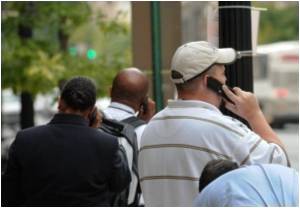Try this tested method of forgiving people who are rude by consoling ourselves that they may just be having a bad day. This way one can avoid harboring negative feelings.

For example, you might tell yourself that they've probably just lost their dog or gotten a cancer diagnosis and are taking it out on you.
Stanford researchers Jens Blechert, Gal Sheppes, Carolina Di Tella, Hants Williams, and James J. Gross wanted to study the efficiency and the speed of the process of reappraising emotions.
"You can see this as a kind of race between the emotional information and the reappraisal information in the brain: emotional processing proceeds from the back to the front of the brain, and the reappraisal is generated in the front of the brain and proceeds toward the back of the brain where it modifies emotional processing," Blechert said.
Blechert and his colleagues came up with two experiments to study this process.
Participants were shown several series of faces and tested on their reactions. For example, in one set, they were told to consider that the people they'd seen had had a bad day, but it's nothing to do you with you.
Advertisement
They found that, once people had adjusted their attitude toward someone, they weren't disturbed by that person's angry face the next time it appeared.
Advertisement
In a second study, the researchers recorded electrical brain activity from the scalp and found that reappraising wiped out the signals of the negative emotions people felt when they just looked at the faces.
Psychologists used to think that people had to feel the negative emotion, and then get rid of it.
This research suggested that, if people are prepared, it's actually a much faster and deeper process.
The study will be published in an upcoming issue of Psychological Science, a journal of the Association for Psychological Science.
Source-ANI









